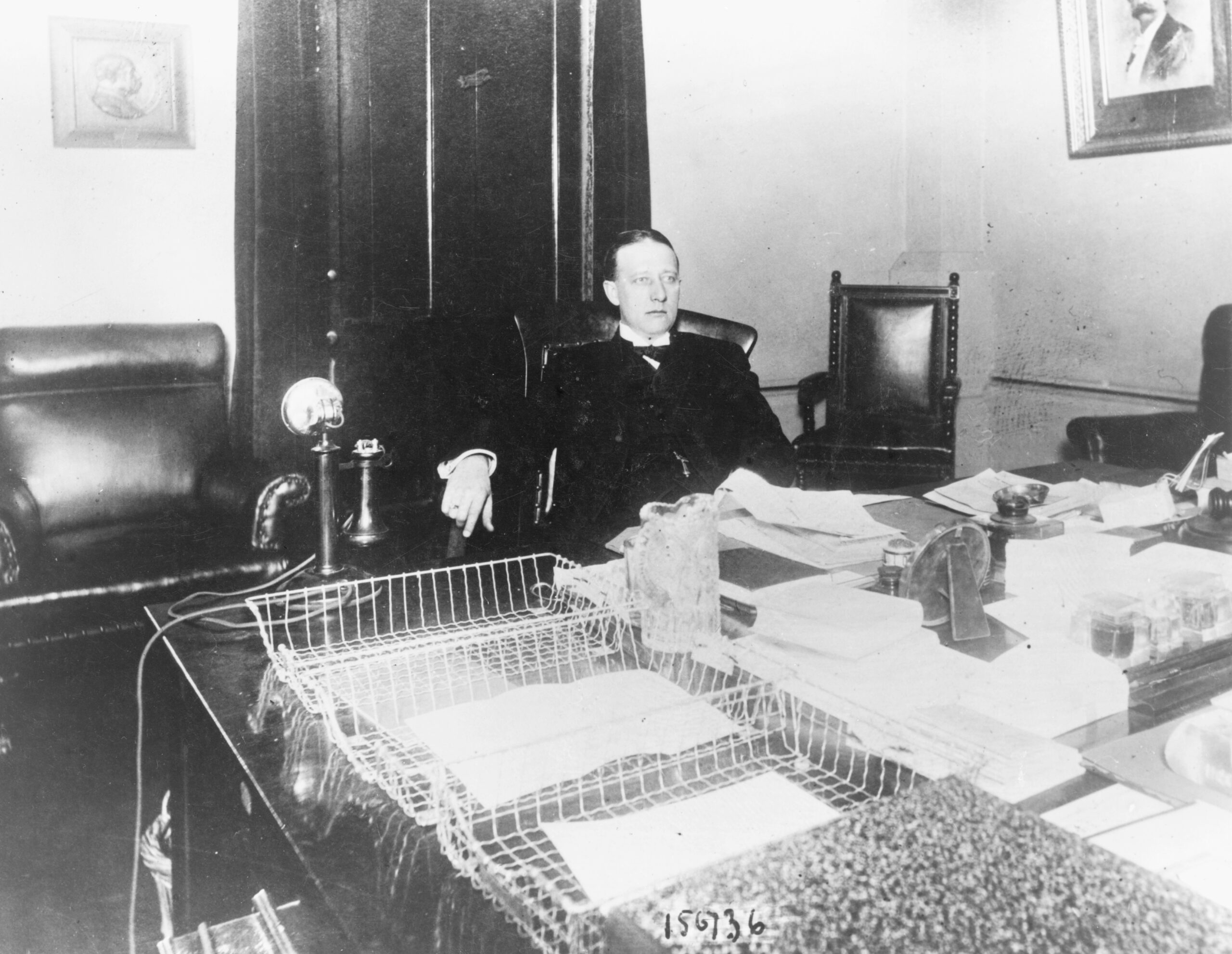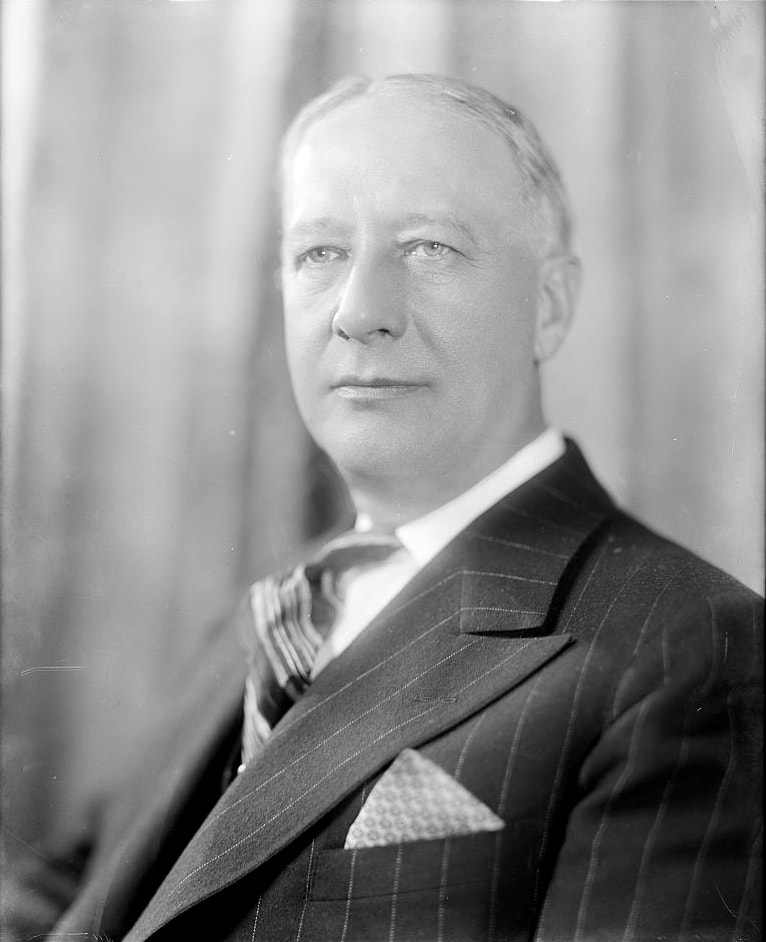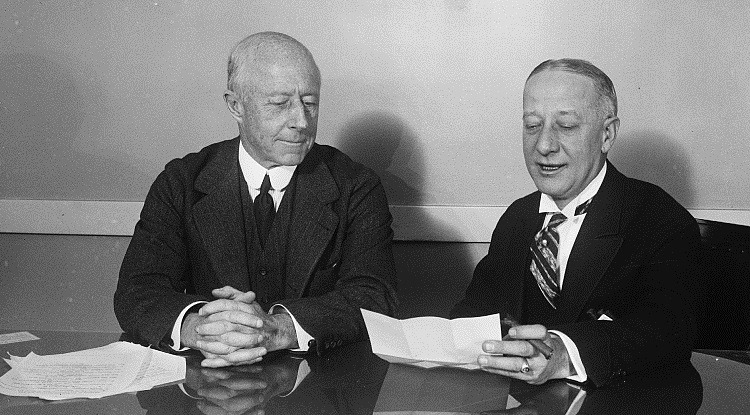Alfred Emanuel Smith, better known as Al Smith, was a key figure in the political landscape of the early 20th century in the United States. His career, marked by significant achievements and groundbreaking efforts, played a crucial role in shaping the era’s politics, policy, and social attitudes. In this article, we will delve into the multifaceted influence of Al Smith’s political career on the early 20th century.
Early Life and Political Ascent
Born in 1873 in the Lower East Side of Manhattan, Smith rose from humble beginnings to become one of the most influential politicians of his time. His early life in a working-class immigrant community deeply influenced his political views and advocacies.
Key Points of Smith’s Early Career:
- Assemblyman in New York: Smith’s political career began in the New York State Assembly, where he served from 1904 to 1915. His time in the Assembly was marked by his focus on labor rights and social welfare issues. He championed several progressive causes, reflecting his commitment to the needs of the working class and immigrants.
- Speaker of the New York Assembly: In 1913, Smith became the Speaker of the Assembly, showcasing his adept leadership and legislative skills. During his tenure as Speaker, Smith was instrumental in passing significant legislation that addressed issues such as workers’ rights, public health, and education.
- Sheriff of New York County: Smith’s role as Sheriff of New York County further expanded his influence and familiarity with the workings of local government. His tenure as sheriff, though brief, was noted for its efficiency and effectiveness in managing the complexities of New York’s legal and penal systems.
- Governor of New York: Smith’s election as Governor in 1918 was a significant milestone, marking the beginning of his profound impact on state and national politics. As governor, he embarked on an ambitious agenda of reform and modernization, transforming the governance of New York State and setting a model for other states to follow.
Groundbreaking Policies and Reforms
As Governor of New York, Al Smith was instrumental in implementing progressive reforms that transformed the state’s social and economic landscape. His administration marked a significant shift towards more inclusive and socially responsible governance.
Major Reforms Under Smith:
1. Labor Laws and Worker Safety
In the wake of the tragic Triangle Shirtwaist Factory fire in 1911, Smith was a strong advocate for improved labor laws and workplace safety regulations. His efforts led to the enactment of some of the most comprehensive labor protections in the country at that time, setting a precedent for future labor legislation nationwide.
2. Social Welfare Programs
Smith’s tenure saw the expansion of social welfare programs, including improvements in public health, housing, and education. He was particularly focused on addressing the needs of the urban poor and working families, initiating programs that provided for health care, affordable housing, and better quality education.
3. Government Efficiency and Modernization
He was known for his efforts in making government more efficient and less corrupt, paving the way for the modernization of state governance. Smith’s administration worked towards streamlining government operations, reducing waste, and increasing transparency, which helped restore public trust in government institutions.
Al Smith’s tenure as Governor of New York was marked by a progressive vision that sought to balance economic growth with social welfare and justice. His reforms not only transformed New York State but also served as a blueprint for national policies in the decades to follow.
Breaking Religious and Cultural Barriers
Al Smith’s 1928 presidential campaign as the Democratic nominee was a watershed moment in American politics for several reasons. It marked a significant shift in the nation’s attitude towards religious and cultural diversity in politics.
Key Aspects of Smith’s 1928 Presidential Campaign:
- First Catholic Nominee: Smith was the first Roman Catholic to be nominated for president by a major party, challenging the prevailing religious biases of the time. His nomination was a historic step forward in breaking down religious barriers in American politics, paving the way for greater religious inclusivity and tolerance in the political arena.
- Urban and Immigrant Support: He garnered significant support from urban and immigrant communities, reflecting a shift in the American political landscape. Smith’s campaign resonated particularly with the working-class and immigrant populations, who saw in him a representative of their aspirations and challenges.
- Opposition and Challenges: Smith’s candidacy faced intense opposition, particularly from anti-Catholic and prohibitionist factions, highlighting the era’s cultural and religious divisions. This opposition not only underscored the deep-seated prejudices of the time but also demonstrated the emerging cultural and ideological shifts occurring in America.
Smith’s campaign, despite not resulting in a victory, marked a turning point in American politics. It brought to the forefront issues of religious freedom, cultural diversity, and the changing face of the American electorate. His run for the presidency laid the groundwork for future candidates from diverse backgrounds and beliefs, contributing to a more inclusive and representative political system.
Legacy and Lasting Influence
Al Smith’s political career left an indelible mark on the early 20th century American politics. His legacy, rich and multifaceted, continues to influence various aspects of political and social life in the United States.
1. Pioneer of Progressive Policies
Smith’s advocacy for labor rights, social welfare, and government reform laid the groundwork for the New Deal policies of the 1930s. His progressive vision and reforms were precursors to the extensive social and economic changes implemented under Franklin D. Roosevelt’s presidency. Smith’s efforts demonstrated a commitment to a government that serves all its citizens, especially the working class and the marginalized.
2. Trailblazer for Religious and Cultural Inclusion
His presidential run paved the way for greater acceptance of religious and cultural diversity in American politics. By breaking the religious barrier with his 1928 presidential candidacy, Smith opened the door for future candidates from diverse backgrounds. His campaign challenged and changed the American political landscape, making it more inclusive and representative of the nation’s diverse population.
3. Mentorship of Future Leaders
Smith was a mentor to Franklin D. Roosevelt, who would later become one of America’s most influential presidents. The relationship between Smith and Roosevelt was pivotal; Smith’s guidance and political acumen helped shape Roosevelt’s views and policies. This mentorship not only contributed to Roosevelt’s success but also ensured that Smith’s progressive ideals would continue to influence American politics long after his own career had ended.
Al Smith’s legacy transcends his immediate political achievements. His dedication to reform, his challenge to societal norms, and his mentoring of future leaders have had a lasting impact on American society. His life and career continue to serve as a powerful example of how vision, leadership, and perseverance can bring about meaningful and lasting change.
Conclusion
Al Smith’s political career was more than just a series of elected positions; it was a journey that reflected and influenced the complexities of early 20th century America. His efforts in labor reform, social welfare, government efficiency, and breaking cultural barriers reshaped the political landscape of his time and laid a foundation for future generations. Smith’s story is a testament to the impact one individual can have on the course of history, challenging social norms and pushing for progressive change.
Al Smith remains a pivotal figure in American history, and his legacy continues to inspire politicians and citizens alike, reminding us of the power of dedication, vision, and the courage to challenge the status quo.



